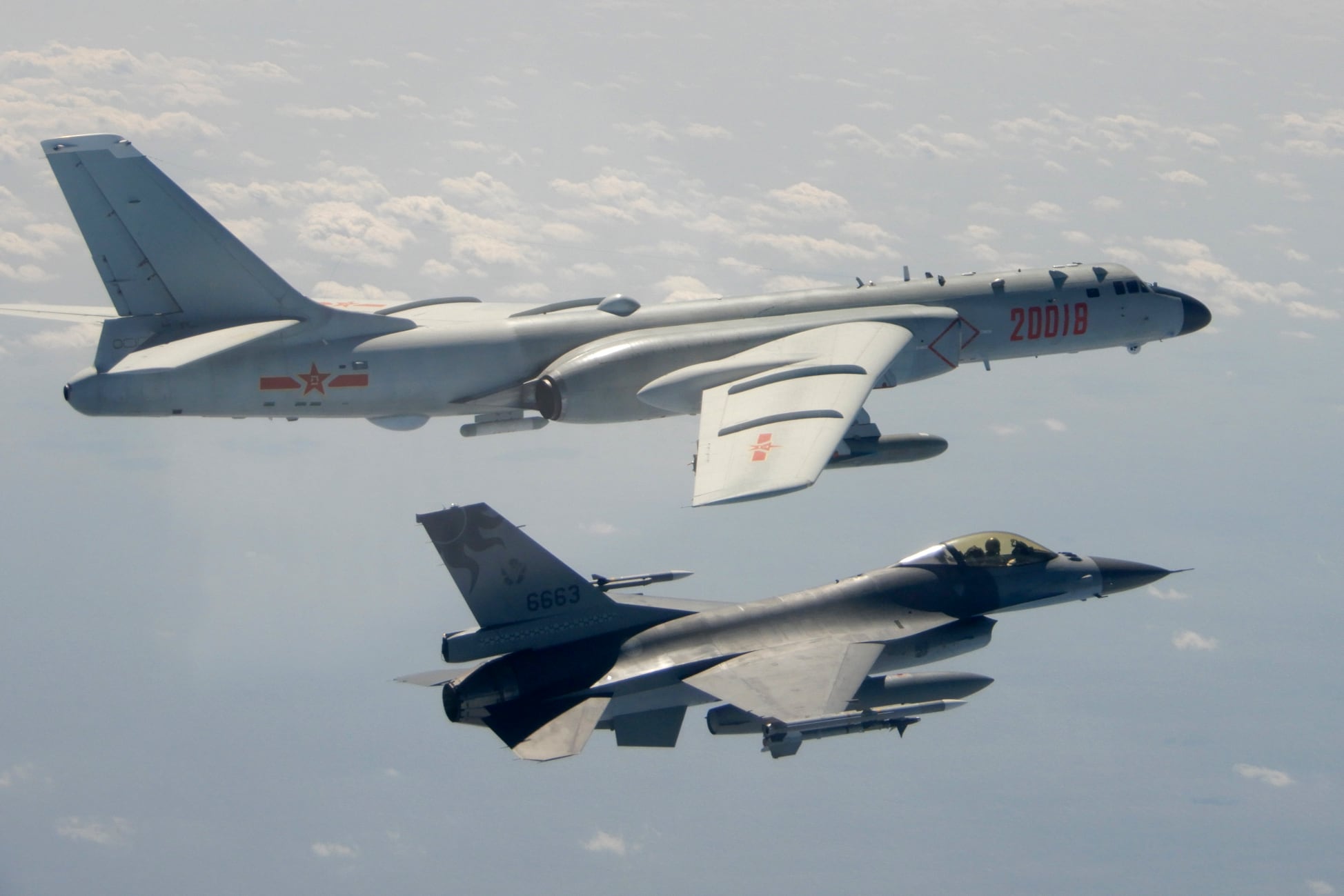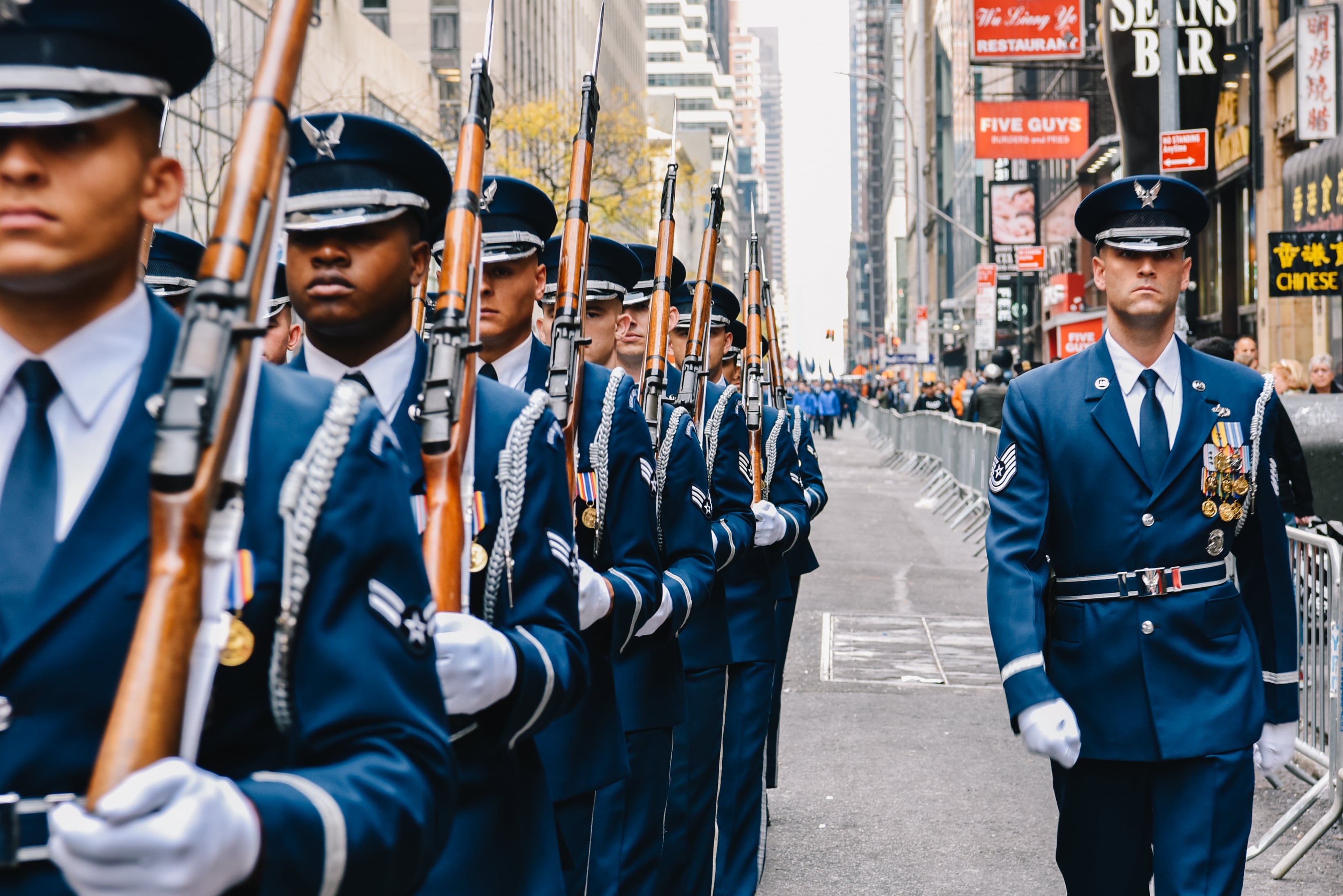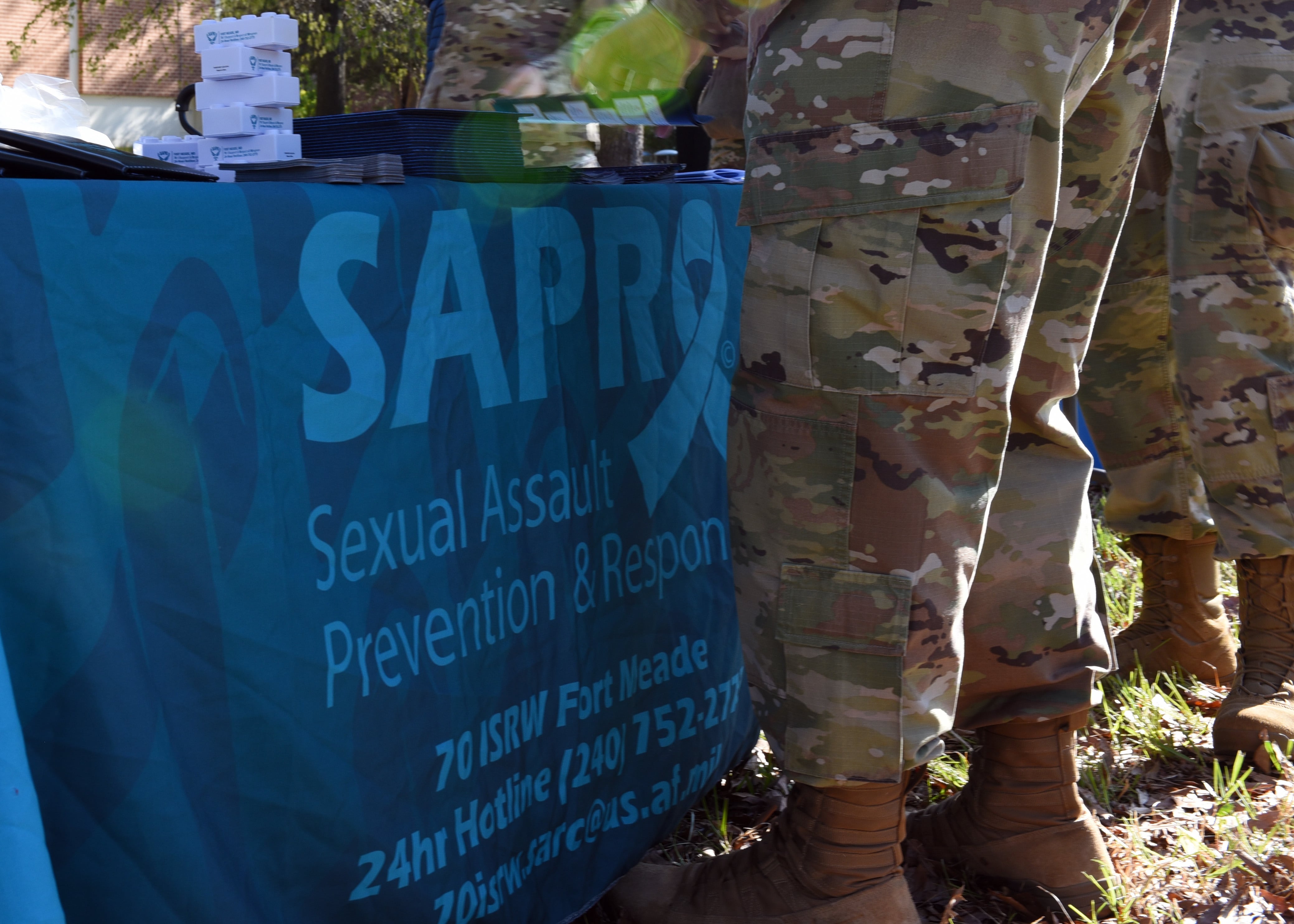Honolulu ― For decades, small groups of military engineer teams have been spending six-month stints in paradise in the name of strengthening the U.S.’s relationship with one Pacific island nation.
And there’s possibility that their model could expand, after Defense Secretary Mark Esper made a Pentagon chief’s first ever visit to Palau on Aug. 28.
“I think, the Civic Action Teams — how can we replicate that in other countries?” Esper told Military Times on Saturday. “It’s a high payoff, low-cost way to get the teams out there. They’re just a good asset to do that diplomacy on the ground.”
In place since the 1970s, CAT Palau could be a blueprint for similar rotations in other countries.
Their mission has included everything from doing free car repairs and building playgrounds to hosting outdoor movie nights for local families and anchoring a radio show geared toward Palauan citizens.
They also offer an apprenticeship program that trains locals in construction ― welding, carpentry, vehicle repair, etc. ― and gets them certified so they have a marketable skill.
But at the same time, their presence is strategic. This year’s big project has been expanding an airstrip on the island, bringing it up to snuff for C-130s.
“These are minor muscle movements that could lead, eventually, to a major muscle movement,” Esper said. “So you get small teams like this out there doing the groundwork, forging the diplomacy.”
The teams would be part of a larger INDOPACOM strategy that would spread out the U.S.’s concentrated forces in Japan and South Korea, an INDOPACOM official, who was not authorized to speak on the record, told reporters Monday.
“I don’t think we’re looking to have fixed bases in fixed places, right?” the official said.
RELATED

Rather, CATs could make inroads in parts of the Indo-Pacific that have no U.S. presence.
On that wish list are countries like Bangladesh, Cambodia and Sri Lanka, or perhaps Indonesia.
“There’s a lot of work all along the Mekong [Delta] that has some real opportunity that can start small and continue to work,” the official said of Vietnam, where engineering troops could spearhead dam preservation and other infrastructure projects.
That philosophy is playing a large role in the INDOPACOM combatant command review, which is underway now and expected to wrap up some time in the fall.
Meghann Myers is the Pentagon bureau chief at Military Times. She covers operations, policy, personnel, leadership and other issues affecting service members.





